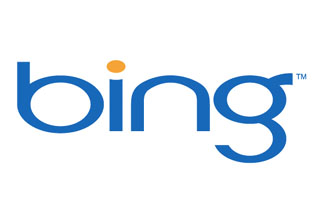Media metrics firm StatCounter has released its figures on the U.S. market shares of the major Internet search engines for October 2009, and while the company finds that Microsoft’s Bing is holding on to its audience, Yahoo continues to decline—and Google seems to be picking up the slack, rising to its highest share of the U.S. search market since November 2008.

“Bing’s market share has stabilized after falling since mid August,” said StatCounter CEO Aodhan Cullen, in a statement. “However, a worrying trend for Microsoft is that the combined Bing and Yahoo market share has seen a steady decline from 20.36 percent in July to 17.77 percent in October.”
Overall, StatCounter found that during October, Bing managed to expand its share of the U.S. search market slightly from 8.51 percent in September to 8.86 percent in October. However, Yahoo experienced a significant dip from 9.4 percent in September to 8.91 percent in October. In August, StatCounter found Yahoo accounted for 10.5 percent of the U.S. search market, meaning Yahoo has seen almost 15 percent of its U.S. search traffic wander away in the last two months.
Google, on the other hand, saw an improvement, accounting for 80.39 percent of the U.S. search market, which StatCounter says represents its highest share since November 2008.
Globally, Yahoo and Bing combined accounted for 7.4 percent of the search market; Google accounted for 90.81 percent.
According to StatCounter, Yahoo and Bing’s combined share of the U.S. search market was highest in July 2009, when together they accounted for 20.36 percent of all U.S. searches. In October, the pair accounted for 17.57 of all U.S. searches.

